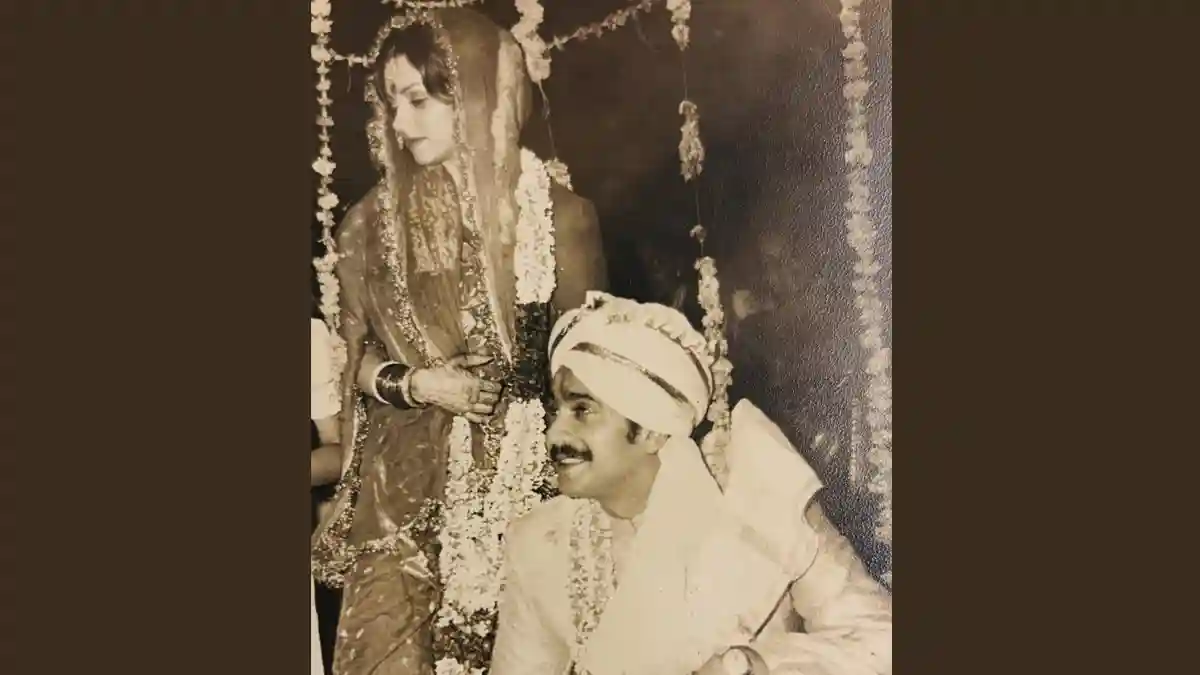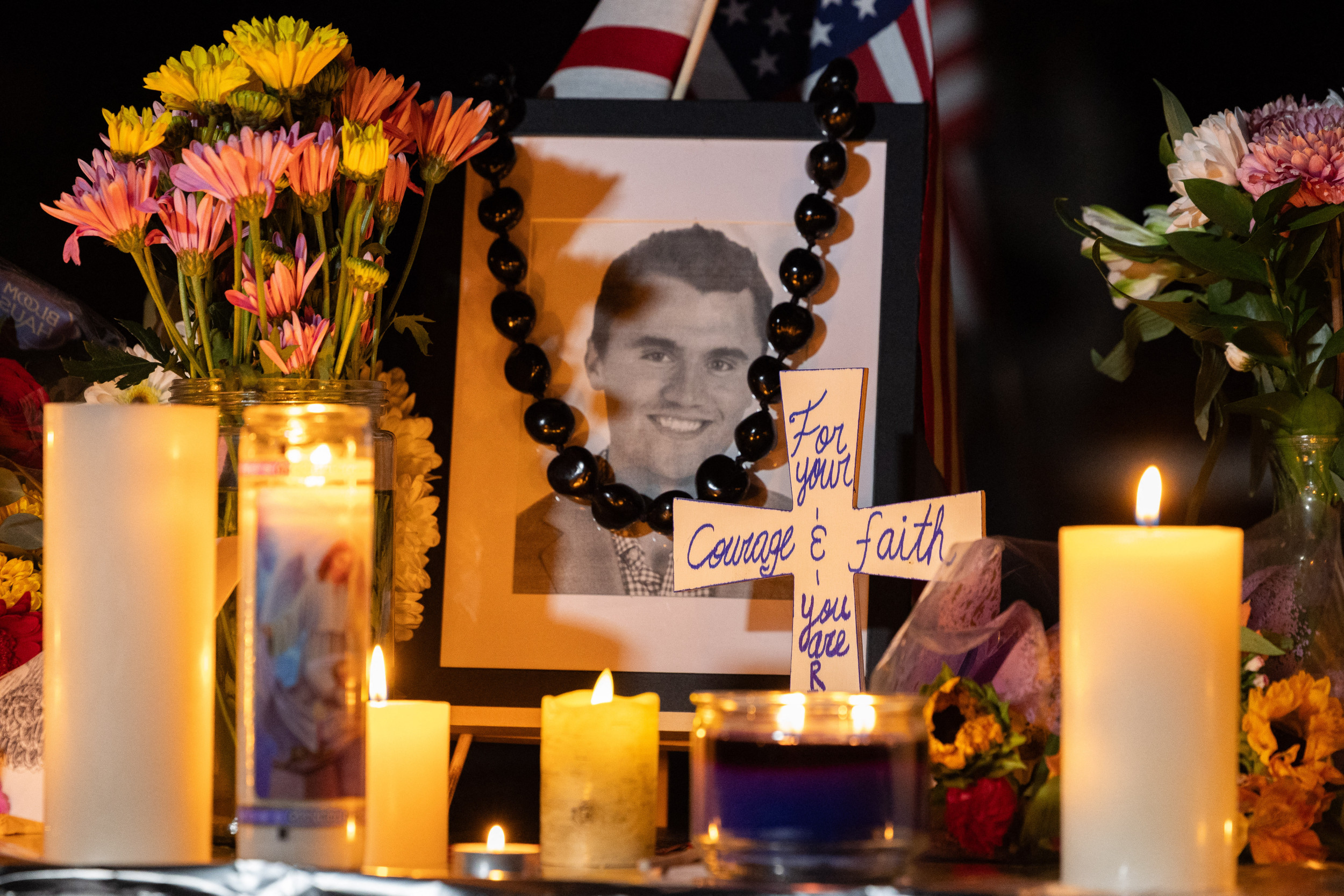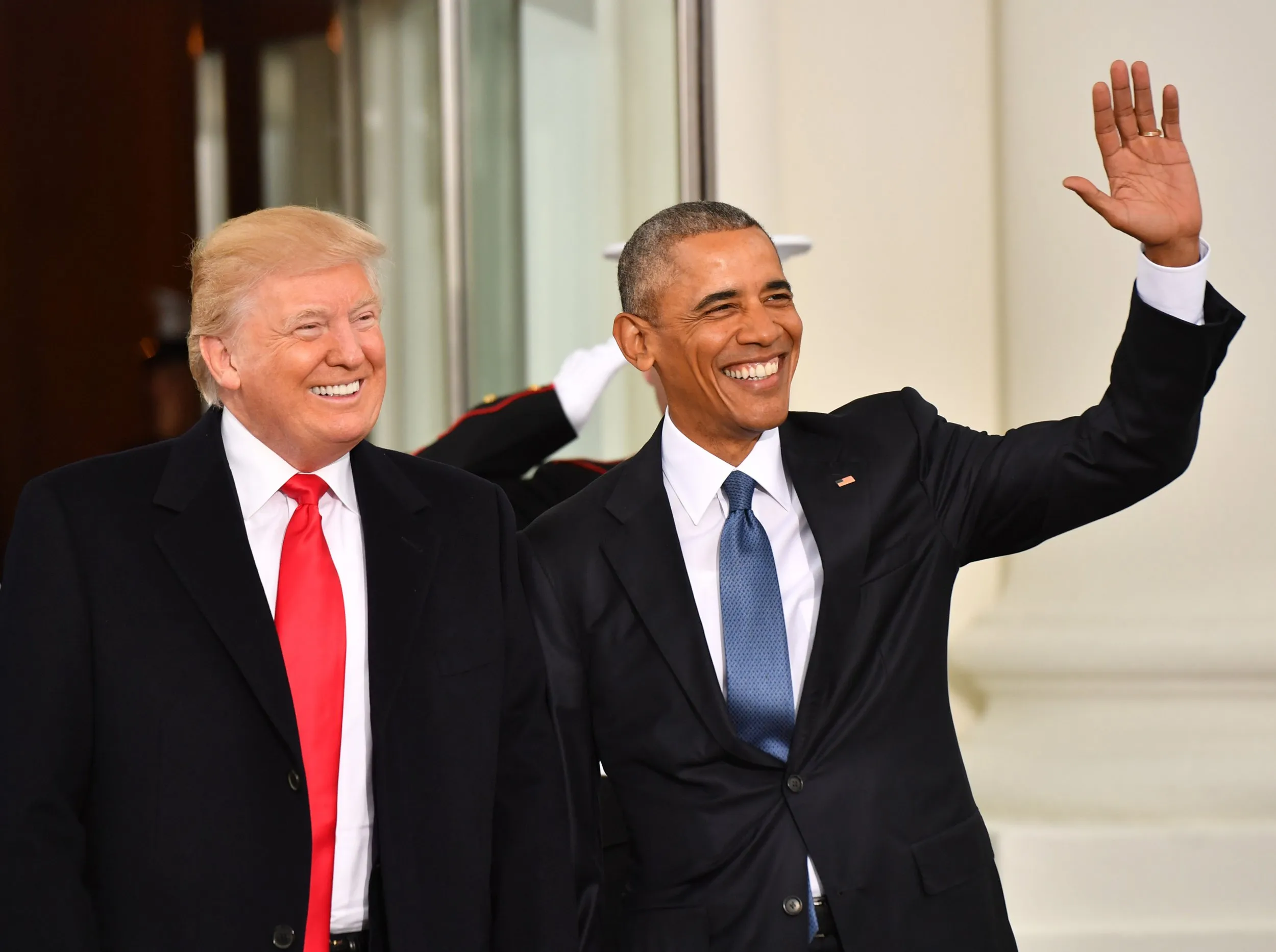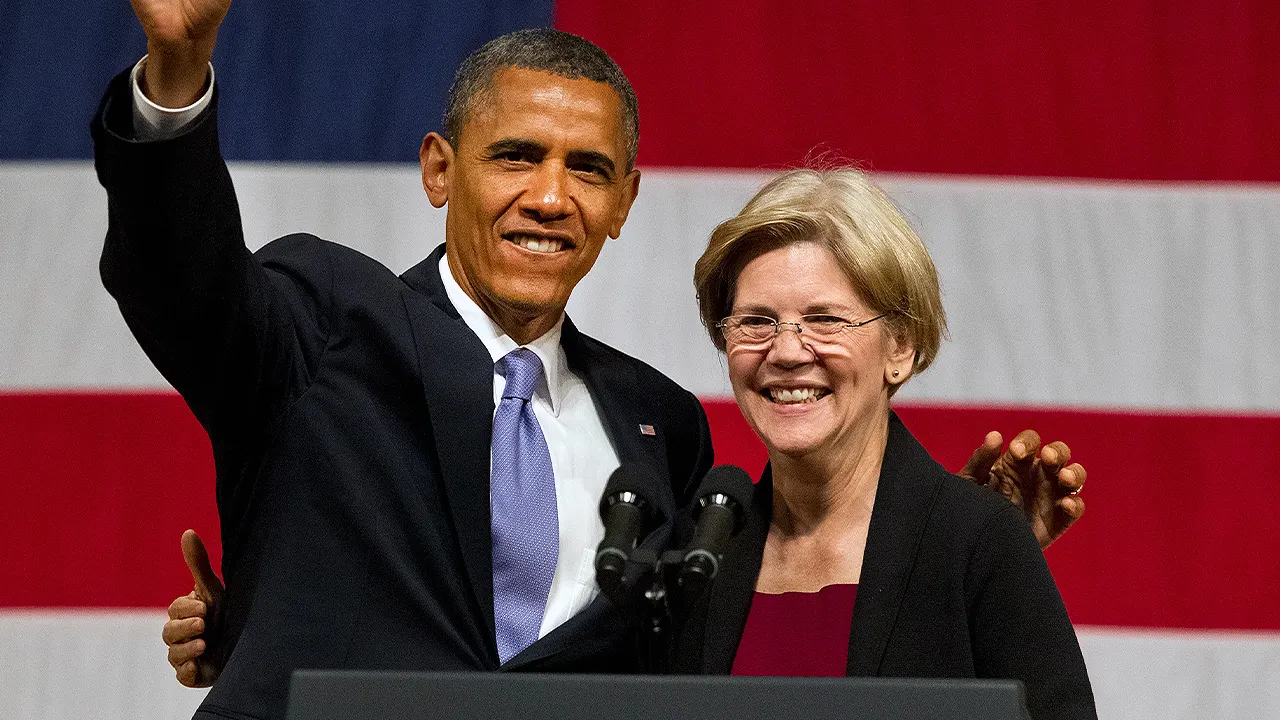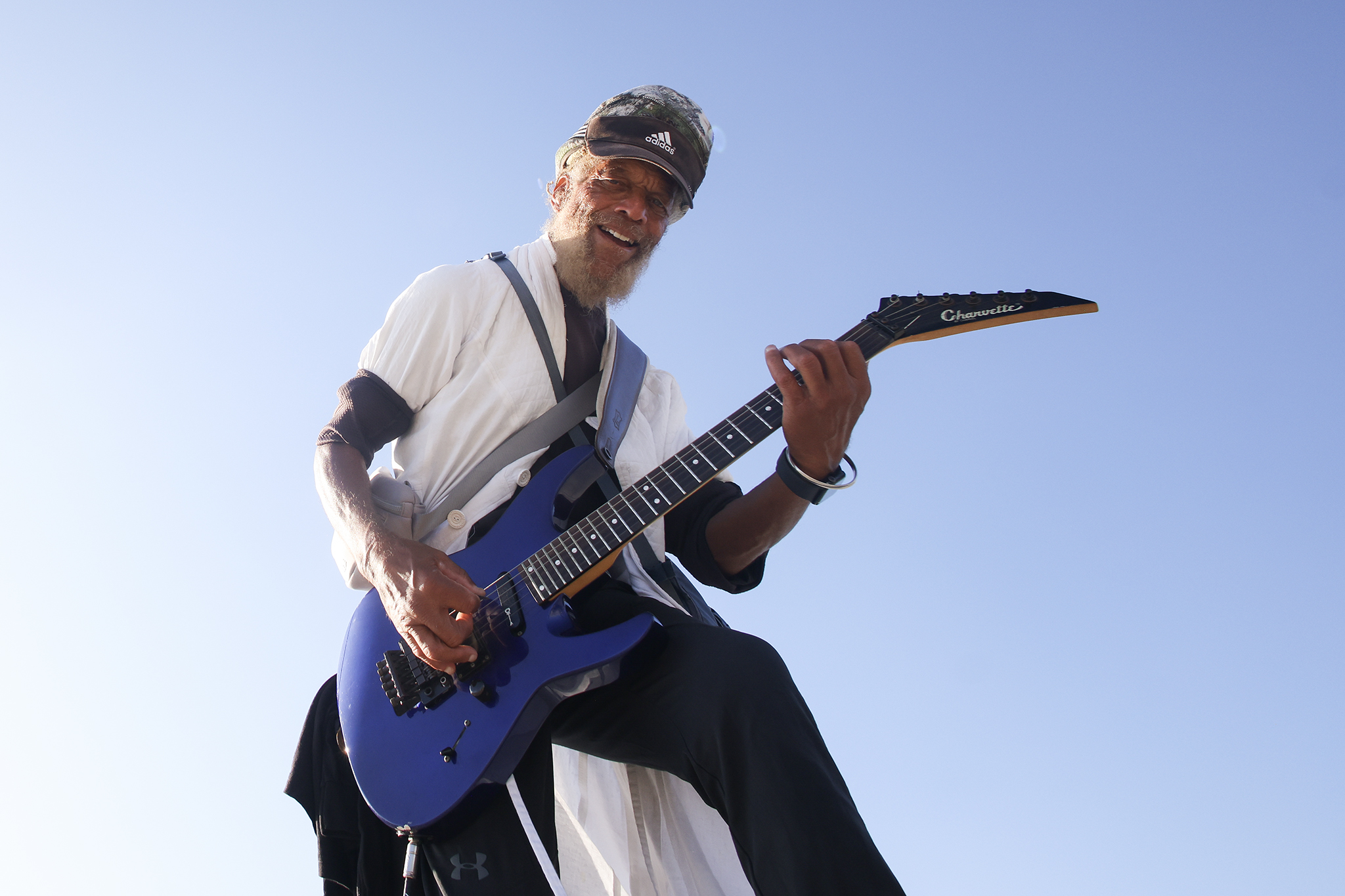
I’m standing in the center of the Venice Beach Boardwalk on a stubbornly bright late afternoon in mid-September, watching a street vendor work amid smoothie and souvenir shops. He’s hawking a tangle of tiny ball pythons, their scaly heads poking out of a small basket. Elsewhere, bikers and skateboarders zip past tourists as they wander down the coastal avenue, some oozing plumes of marijuana smoke as they wheel away. Nearby, an artist hovers above a blank sheet of paper, spray can at the ready to make an abstract mark, as sneakers squeak along the concrete of a nearby pickup basketball game.
A few minutes later, the crunch of power chords jolts the sun-soused boardwalk. I don’t need to turn my head to know where the wailing electric guitar is coming from: It’s Harry Perry, a local celebrity I’m here to meet.
Even within a beachside community known for eccentric architecture, neighborhood characters and aspiring powerlifters, Perry stands apart. Since 1974, donning a turban and visor, he has sauntered up and down Ocean Front Walk — often roller-skating — while playing the guitar for onlookers, the sound emanating from an amplifier close by. The trim 75-year-old hauls a heavy cart bursting with T-shirts and CDs of his music for sale. In the rare moments that Perry isn’t strumming down the Venice Beach Boardwalk, he can usually be found in Temescal Canyon, where he often trains for marathons, or playing at the raucous Grateful Dead parking lot tailgates known as “Shakedown Street”; he’s been following various iterations of the jam band for about 50 years.
Advertisement
Article continues below this ad
For Angelenos, Perry is as much a part of Venice Beach as the ocean itself. While growing up in the LA area in the 1980s, Evan Lovett of “L.A. in a Minute” remembers seeing Perry there when his “hippie” parents would take him down to the boardwalk as a child. “It was always a treat to see Harry Perry,” says Lovett. “He, to me, always represented that he was part of the Venice Beach Boardwalk.” His presence “added an atmosphere, and it added fun, and it added approachability to a place that was already so unique in an LA context,” he continues. “It really just felt like he was there because he felt he was meant to be there.”
BEST OF SFGATE
History | Why a wealthy banker blasted a huge hole in a Bay Area cliff
Local | There’s a mansion hidden directly under the Bay Bridge
Culture | Inside the Bay Area’s cult-like obsession with Beanie Babies
Local | The world’s last lost tourist thought Maine was San Francisco
Get SFGATE’s top stories sent to your inbox by signing up for The Daily newsletter here.
Perry, who grew up in Detroit, didn’t intend to become part of Venice’s cultural fabric. But one night in April 1974, he and a friend were partying at the Rainbow Bar & Grill, the longtime Sunset Strip rock-and-roll watering hole, into the wee hours of the morning. Perry’s friend then became fixated on them heading over to the beach at five o’clock in the morning. “I said, ‘Pete Townshend [of The Who] just bought us drinks, dude — we’re not going to the beach,’” Perry tells me.
Advertisement
Article continues below this ad
Eventually, Perry’s friend convinced him to trudge out to the Westside, where they sold vinyl 45s and photos on the beach for the day. Perry’s skepticism dissipated. The very next morning, he was pounding on his friend’s door, declaring: “We’re going back to the beach!” Perry’s friend was still sleeping, so he went over to Venice Beach by himself instead.
Advertisement
Article continues below this ad
He’s been there ever since.
Over the years, Perry developed an idiosyncratic guitar style that he regales visitors with. A student of classical guitar, Perry says he also took lessons from heavyweights like the jazz guitarist Kenny Burrell to develop what he calls his “blues rock guitar style.” For decades, he’s played on a custom Les Paul that he says was once owned by the late Dick Wagner, and more recently he’s been into heavy metal tuning and thick riffs. He often plays while skating, which he says makes him feel “like Iron Man.”
Pop culture has also had a role in making this roller-skating guitarist a local institution. In TV shows, films and even commercials set in the area, Perry is a familiar face. There he is in “White Men Can’t Jump” and “Dragnet” and “CSI.” He also played with the rock mainstay Jane’s Addiction for a spell. By the late 1980s, Perry had become “to Venice Beach what Jack Nicholson is to Los Angeles Lakers games,” as the Los Angeles Times once described.
Perry has also been active when it comes to Venice-area community issues. In 1988, Perry and other local vendors began sounding the alarm when local officials proposed a law that would no longer give out permits for people selling their wares along the boardwalk. “Let’s keep Venice the way it is,” Perry told a reporter that same year. In 1991, an ordinance was put in place declaring that “no person shall hawk, peddle or vend any goods, wares or merchandise, or beg or solicit alms or donations upon any sidewalk, boardwalk, or public way adjoining a specified length of the Pacific Ocean.”
Advertisement
Article continues below this ad
When the police began issuing citations to vendors along the boardwalk, including Perry, he and another artist sued the Los Angeles Police Department, alleging that authorities had violated their rights protected under the First Amendment. Eventually, the ordinance was overturned, according to Los Angeles Magazine.
Even as the cost of living in Venice Beach has skyrocketed, the boardwalk’s irreverent spirit has remained intact, in no small part thanks to Perry. Earlier this summer, the Venice Library named Perry one of Venice’s most influential residents, alongside figures like actor Charlie Chaplin, Doors frontman Jim Morrison, author Ray Bradbury, community activist Sonya Reese Greenland and skateboarder Stacy Peralta.
Aside from inclement weather, little deters Perry from making his usual rounds on the boardwalk. In July, while journeying from a Phish show in the southeastern U.S. to the Grateful Dead’s 60th anniversary show in San Francisco, he was in a car crash. Perry suffered a few broken ribs from the wreck, and his guitar got smashed up. “I lost things, but I didn’t lose my life,” he shrugs. “Here I am talking to you, playing songs for people.” He’s still running for three hours and weight training every morning at 6 a.m., eating a plant-based diet, roller-skating when he feels like it, and, of course, spending time at the beach.
Perry hopes to release more music soon, but he’s focusing on recovery and shoring up funds to get back in the studio. In November, he’s slated to play a show at Gold Diggers, the East Hollywood bar and venue, opening for the group Delicate Steve.
Advertisement
Article continues below this ad
The band’s frontman, Steve Marion, says he first noticed Perry on the boardwalk after seeing him in a Jane’s Addiction documentary. Marion admits that metal riff guitar stylings aren’t usually “where my ears gravitate to,” but Perry’s playing stuck with him. “There’s a humanity that he’s expressing in his playing,” Marion says of Perry’s style, a “looseness” that reminds him of guitarists like Neil Young, Keith Richards and Funkadelic’s Eddie Hazel. Marion then approached Perry on the boardwalk about playing a show together, and Perry accepted. “I’m excited to see what he’s able to do with that energy of everyone paying attention to him,” Marion says, as opposed to passersby occasionally noticing him on the boardwalk.
When I ask Perry what keeps him coming back to Venice Beach day after day, he gestures around him. “Just look at the beach,” he says. The energy of the boardwalk invigorates him, as do the people who visit it. “There’s always, all day long, a crowd at the beach, and there are things going on,” he says. “The air is fresher. You can come to the beach and find people that are interested in what you’re doing. You can’t find that necessarily in Beverly Hills, downtown.”
Then, he politely excuses himself. It’s almost golden hour, there’s money to be made, and these riffs won’t shred themselves.
Advertisement
Article continues below this ad
